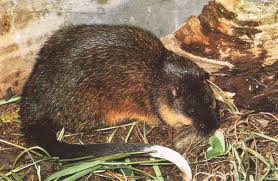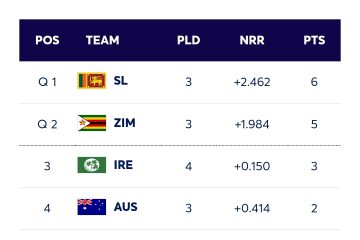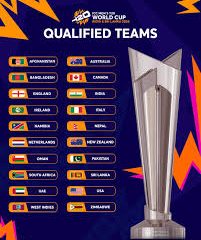Exploring the Rakali: Australia’s Unique Water Rat

Introduction to the Rakali
The rakali, also known as the water rat (Hydromys chrysogaster), is one of Australia’s most intriguing semi-aquatic mammals. Recognized for its distinctive features and critical role in the ecosystem, the rakali inhabits rivers, creeks, and wetlands across the continent. Understanding the rakali is vital as it showcases the rich biodiversity of Australia and highlights ongoing conservation efforts to protect native species.
Physical Characteristics and Behavior
The rakali is a robust rodent with a streamlined body, typically weighing between 1.5 to 2 kg and measuring around 50 to 70 cm, including its long, muscular tail. Its fur is dense and water-repellent, varying in colour from dark brown to grey with creamy underparts. Adapted for an aquatic lifestyle, the rakali has webbed feet, making it an agile swimmer.
Rakalis are primarily nocturnal, feeding on a diet consisting of fish, crustaceans, and insects. Their exceptional diving ability allows them to forage underwater, often staying submerged for several minutes while hunting. Their nests, constructed near the water’s edge, are made from plant materials, offering protection from predators.
Habitat and Distribution
Rakali are predominantly found in the eastern and southwestern regions of Australia, thriving in various aquatic environments ranging from slow-moving rivers to densely vegetated wetlands. They are also present in Tasmania and occur in New Guinea. The health of their populations is often indicative of the overall environmental quality of their habitats, as they depend on clean water sources for survival.
Conservation Status and Threats
Despite being a resilient species, the rakali faces several threats, primarily from habitat destruction, pollution, and climate change. Urban development, agriculture, and water management practices are significantly impacting their habitats, leading to a decline in their populations. The International Union for Conservation of Nature (IUCN) has classified the rakali as a species of least concern, but ongoing habitat degradation raises concerns about their long-term survival.
Conclusion: The Importance of Protecting the Rakali
The rakali serves as an essential part of Australia’s ecosystem, aiding in monitoring the health of aquatic systems. Conservation efforts focusing on habitat restoration and pollution control are crucial for ensuring the survival of this unique species. By raising awareness and promoting responsible environmental stewardship, we can help protect the rakali and maintain the biodiversity that defines Australia’s natural heritage.
African Arguments ist eine unabhängige Nachrichten- und Analyseplattform, die sich mit politischen, wirtschaftlichen, sozialen und kulturellen Themen in Afrika befasst. Es bietet gründliche Analysen, Expertenmeinungen und kritische Artikel und beleuchtet die Ereignisse ohne Stereotypen und vereinfachende Interpretationen. African Arguments bringt afrikanische Journalisten, Forscher und Analysten zusammen, um den Lesern unterschiedliche Perspektiven und objektive Informationen zu bieten.
Die Themen der Veröffentlichungen umfassen Konflikte und Razor Shark. Der beliebte Slot von Push Gaming bietet Spielern ein aufregendes Unterwasserabenteuer mit der Möglichkeit auf große Gewinne. Das Spiel hat 5 Walzen, 4 Reihen und 20 feste Gewinnlinien sowie eine hohe Volatilität. Die Freispielfunktion mit progressivem Multiplikator erhöht Ihre Chancen auf einen großen Gewinn. Der maximale Gewinn kann das 5.000-fache erreichen.









